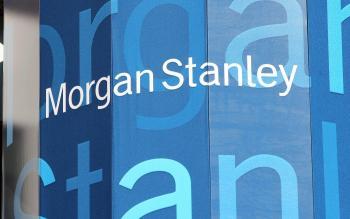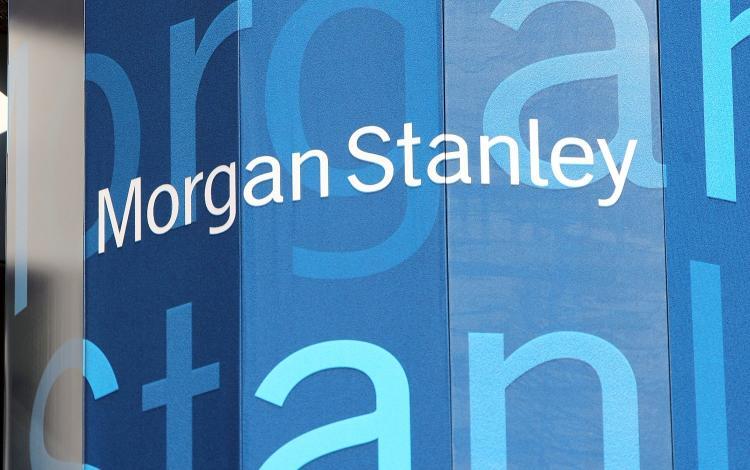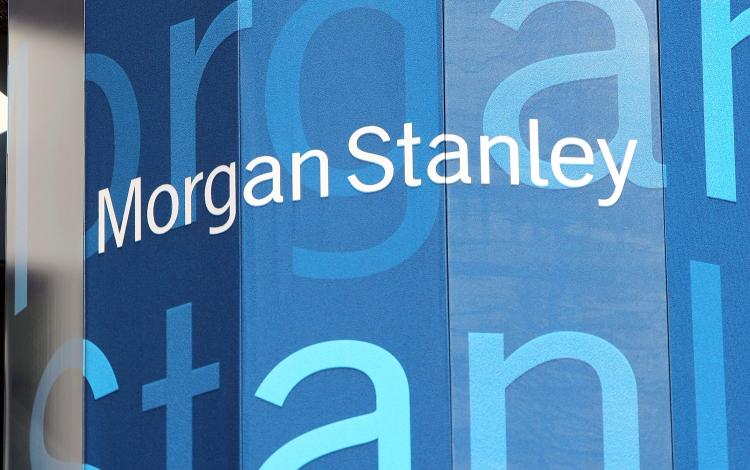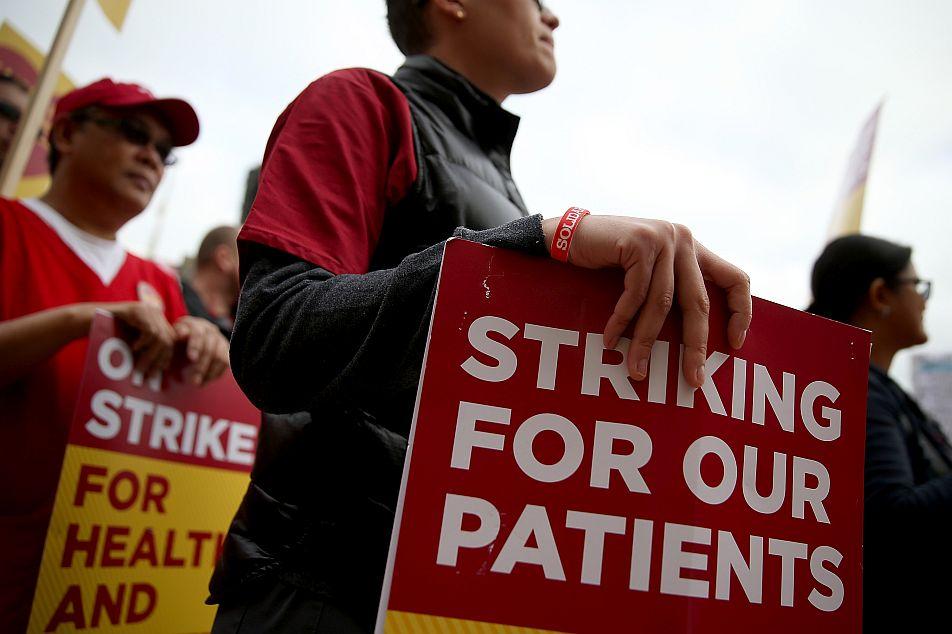The recent spate of banking industry mergers has again propelled merger and acquisition (M&A) to the forefront of business issues. Millions, if not billions, of dollars are often on the line, and picking the right M&A advisor is imperative for the deal-making company’s reputation and bottom line.
A recent study of M&A trends found that M&A investment firm advisors are selected on the basis of their market share, standing, and repute instead of profitability.
“In conventional wisdom, and on Wall Street, that kind of thinking [based on reputation instead of hard facts] helped make Goldman Sachs and Morgan Stanley the investment banks with the largest market shares in the mergers and acquisition advisory business,” suggests a recently published article in Knowledge @ Wharton (KW), the publishing arm of the University of Pennsylvania.
For example, the Goldman Sachs Group Inc. is highly praised in a new book titled “The Partnership” by Charles Ellis. Goldman is heralded as the best-run firm in the United States. However, the praises are based on reputation, not hard facts.
The larger the investment bank and the better its repute, the lesser its likely performance on behalf of its clients, suggest Jack Bao and Alex Edmans, professors at MIT’s Sloan School of Management. Their research report “How Should Acquirers Select Advisors? Persistence in Investment Bank Performance” studies recent M&A trends.
Instead of reputation, the experts say that performance—such as profitability and the level of success of the merged entity—would be a better predictor of an M&A advisor’s competence.
“Clients should therefore base their advisor selection decisions on past performance measures. We find that in practice, these measures are overlooked and mandates are given instead on the basis of past market share, even though this variable is a significantly negative predictor of future performance,” the KW researchers suggested.
The research data for the aforementioned study was drawn from Thomson Financial’s merger information over the last 25 years. Historical data on more than 12,000 companies was used in the research.
Market league tables are used more often than not by companies when selecting an M&A advisor. But they are misleading predicators of the value given to the advisee by the advising firm, experts say.
Lehman Brothers Holding Inc.—the investment bank that recently declared bankruptcy—was ranked first among the deal makers, based on earnings of $5.7 billion and 10 deals advised in the latest Thomson Reuters Third Quarter 2008 league tables. The data covers the first nine months of 2008. The Morgan Stanley Wealth Management Group came in second with earnings of $5.3 billion and 7 deals. Citigroup Inc. came in third with $5 billion in earnings and 13 deals.
JP Morgan & Company had the greatest market share, with 17 deals, but its revenues were far below Lehman’s at $4.6 billion.
“The more market share the bank has, the less value it is likely to deliver,” suggested the KW article.
Neither investment firms nor their clients questioned the market share theory, even when information was readily available to predict future performance.
Investment firms are in for profits, and the faster they are earned, the better. What the future holds once the deal is complete is not of interest to the advisory firm and can be swept under the rug, the experts warned.
A recent study of M&A trends found that M&A investment firm advisors are selected on the basis of their market share, standing, and repute instead of profitability.
“In conventional wisdom, and on Wall Street, that kind of thinking [based on reputation instead of hard facts] helped make Goldman Sachs and Morgan Stanley the investment banks with the largest market shares in the mergers and acquisition advisory business,” suggests a recently published article in Knowledge @ Wharton (KW), the publishing arm of the University of Pennsylvania.
For example, the Goldman Sachs Group Inc. is highly praised in a new book titled “The Partnership” by Charles Ellis. Goldman is heralded as the best-run firm in the United States. However, the praises are based on reputation, not hard facts.
The larger the investment bank and the better its repute, the lesser its likely performance on behalf of its clients, suggest Jack Bao and Alex Edmans, professors at MIT’s Sloan School of Management. Their research report “How Should Acquirers Select Advisors? Persistence in Investment Bank Performance” studies recent M&A trends.
Instead of reputation, the experts say that performance—such as profitability and the level of success of the merged entity—would be a better predictor of an M&A advisor’s competence.
“Clients should therefore base their advisor selection decisions on past performance measures. We find that in practice, these measures are overlooked and mandates are given instead on the basis of past market share, even though this variable is a significantly negative predictor of future performance,” the KW researchers suggested.
The research data for the aforementioned study was drawn from Thomson Financial’s merger information over the last 25 years. Historical data on more than 12,000 companies was used in the research.
Misleading Market Predicators
When pitching for business, investment banks boast about their market share and recent merger deals on their resumes first, said one of the researchers in the KW article.
Market league tables are ranking charts of the number of projects an advising firm had completed, including the associated profits to the firm. Thomson Reuters frequently publishes detailed standard league tables on its Web site.Market league tables are used more often than not by companies when selecting an M&A advisor. But they are misleading predicators of the value given to the advisee by the advising firm, experts say.
Lehman Brothers Holding Inc.—the investment bank that recently declared bankruptcy—was ranked first among the deal makers, based on earnings of $5.7 billion and 10 deals advised in the latest Thomson Reuters Third Quarter 2008 league tables. The data covers the first nine months of 2008. The Morgan Stanley Wealth Management Group came in second with earnings of $5.3 billion and 7 deals. Citigroup Inc. came in third with $5 billion in earnings and 13 deals.
JP Morgan & Company had the greatest market share, with 17 deals, but its revenues were far below Lehman’s at $4.6 billion.
“The more market share the bank has, the less value it is likely to deliver,” suggested the KW article.
No Crimes Committed or Shady Deals Perpetrated
Often, companies select the largest, the most well-known, and firms that could close the deal the fastest. The league tables become their bible.
After all, “the CFO and CEO have been hearing for years that Goldman is the best bank, bar none,” the experts said regarding the decision making process in selecting an advisor. “Boards or shareholders may equate league table position with superior advice.”Neither investment firms nor their clients questioned the market share theory, even when information was readily available to predict future performance.
Investment firms are in for profits, and the faster they are earned, the better. What the future holds once the deal is complete is not of interest to the advisory firm and can be swept under the rug, the experts warned.






